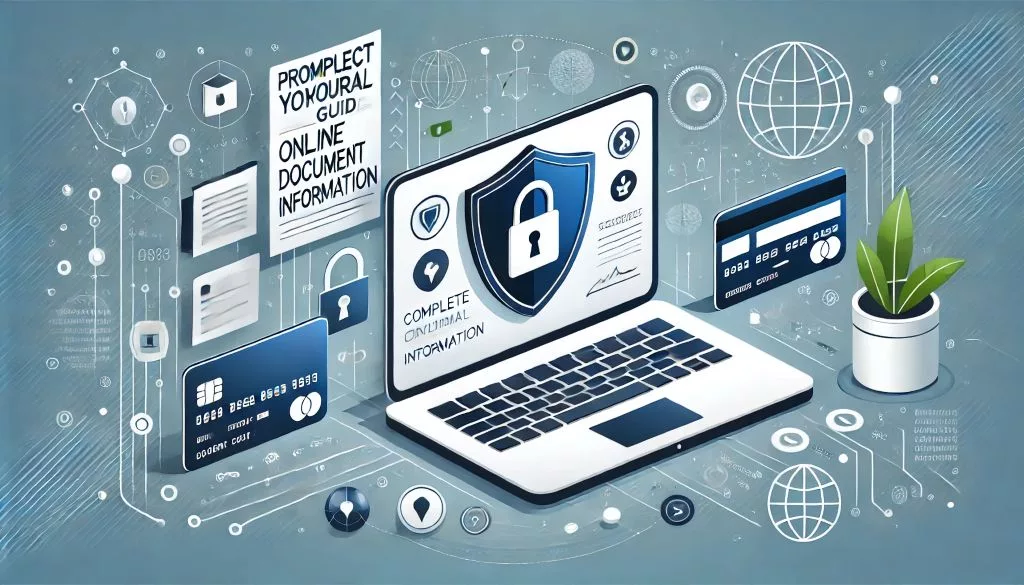Today we’re going to discuss an incredibly important topic—information security related to online document authentication and credit card payments. In this fast-paced digital age, our lives rely more and more on online services, but the security landscape is becoming increasingly complex. So, how can we protect our personal information? Let me share some insights and tips!
1. Choose Reliable Platforms
- High Reputation: Before conducting online document authentication or credit card payments, ensure you choose platforms with a good reputation to minimize the risk of information theft.
- Check Reviews: Look for user feedback online to see if there are negative reviews, avoiding unknown and unsafe websites.
2. Strengthen Password Management
- Use Complex Passwords: A strong password should contain letters, numbers, and special characters; I recommend using passwords up to 12 characters long to increase the difficulty of cracking.
- Password Management Tools: Consider using password management software to generate and store complex passwords, avoiding reusing the same passwords.
3. Use Two-Factor Authentication
- Enable Two-Factor Authentication: Many platforms support two-factor authentication, such as sending a text verification code upon login, increasing account security.
- Keep Your Phone Secure: Make sure your phone has security measures in place to prevent unauthorized access to your personal accounts.
4. Regularly Check Statements
- Monthly Expense Review: Regularly check your credit card statements to ensure there are no unfamiliar charges. Address any anomalies promptly.
- Set Spending Alerts: Some banks and payment platforms allow you to set spending alerts, notifying you of activities so you can address issues quickly.
5. Safe Browsing Habits
- Use HTTPS Websites: When entering personal information, ensure the URL begins with HTTPS, indicating that data transmission is encrypted and secure.
- Avoid Entering Sensitive Information on Public Wi-Fi: Be cautious when using public Wi-Fi; avoid inputting personal information and consider using a VPN for better security.
6. Protect Your Personal Privacy
- Share Information Wisely: Don’t casually share sensitive personal information, like your ID number or address, on social media.
- Regularly Clean Social Accounts: Delete unnecessary personal information to minimize the risk of leaks.
7. Understand Relevant Laws and Regulations
- Stay Informed About Personal Information Protection Laws: Familiarize yourself with national laws regarding personal information protection to better safeguard your rights.
- Update Your Knowledge Regularly: The information security field is constantly evolving; stay informed about emerging security threats and protective measures.
Personal Experience
From my past experiences, I can say that these tips have helped me protect my personal information, especially during online loans and credit card payments—I’m always extra cautious. Choosing reliable platforms and utilizing two-factor authentication are my go-to strategies, which give me a lot of peace of mind! I hope everyone pays attention to this topic so we can protect our online security together. If you have other methods or questions, feel free to leave a comment for discussion!
I hope these tips help you all; let’s stay vigilant and protect our personal information—be safe online! If you have any other methods or questions, feel free to leave a comment!
